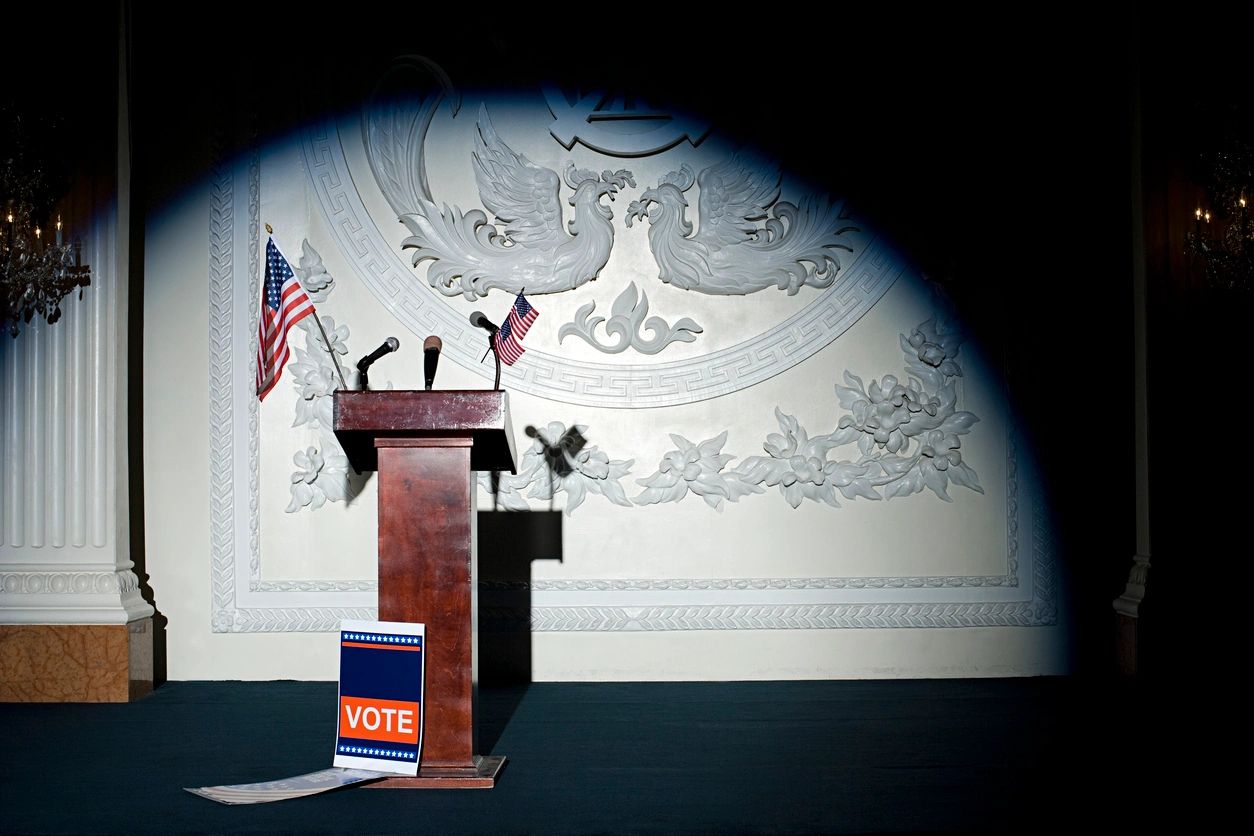
Paula C Cannon
I’m Paula C Cannon, a journalist and writer, presently written couples of books on amazon as well as some other places.
Paula C CannonAug 14 · 5 min read
As our nation strains under the weight of strife and division, we look for inspiration anywhere we can find it. We found some in federal prison.
There are many great American men and women…inventors, scientists, visionaries, entrepreneurs, athletes, and more.
What would those “great” individuals do if they suddenly found themselves in prison?
Would they remain “great?”
What would they do for years and years as they serve their sentence?
Would they become bitter and despondent?

Sadly, bitterness and despondency are typically what happens to nearly all previously “great” individuals when they find themselves in humanity’s least-favorable circumstance called prison.
People everywhere both marvel and celebrate Nelson Mandela for how he handled over two decades of unjust imprisonment.
Every year, thousands attend the production of Les Miserables based on the 19th-century book by Victor Hugo whose character, Jean Valjean, heroically triumphs over his prison past.
All human beings are utterly fascinated with prison and its prisoners, especially those who triumph, in spite of it. “It is natural for people to wonder if they would survive the [prison] experience,” said former Pentagon official, Jerry L. Melchisedeck, Sr., Lt Col USAF (Ret).
“We just don’t hear many stories about people like Mandela anymore. It is rare for someone to rise above it all,” said Leon Wilson, a black federal inmate serving his sentence at the federal prison camp in Englewood, Colorado.
It is so rare, in fact, that society can name only a few such individuals, one of whom was Valjean and he was merely a fictional character in a book.
“There is a reason why we celebrate individuals like Mandela. Nothing inspires people as much as a prisoner who transcends it all because nothing can touch him emotionally or mentally. We all dream and aspire to attain that state of existence,” said Melchisedeck.
Human beings are terrified of prison, and they should be. Prison is one of humanity’s worst fears.
Which would you choose? Being covered in snakes or spiders for an hour, or spending an hour in prison along with all that comes with it? The accusations, the indictments, the loss of friends, family, reputation, financial security, not to mention the ever-present physical danger inmates are in from the moment they arrive. Is it even close?
When a prisoner comes along who does what Mandela did, or what Jean Valjean’s character did in Les Miserables, society cheers. It is what each of us hopes we would do if placed in that circumstance. Everyone loves an underdog.
What defines greatness? It is said that “Greatness is best measured by how well an individual responds to the happenings in life that appear totally unfair, unreasonable, and undeserved.” (Marvin J. Ashton, 1915–2004)
Matthew D. Hutcheson was imprisoned in 2013 under questionable charges that court records show have long since been debunked. Yet he remains in prison.
His fellow inmates call him the “modern-day Mandela.” “Not because he is black,” says a recent political article about who the world wants to see as a future American President (although people of color love him), but because “Hutcheson has taught the world how to remain hopeful, optimistic, and dignified during extreme adversity and tribulation, just like Mandela did,” said Patrick Williams, a black author from Chicago.
Being unfairly accused of a crime is one thing. Being unlawfully imprisoned for over six years is yet another! Being held in prison by officials who know he is innocent in hopes that the public at large will never discover what the government did to him, is something of another magnitude altogether.
“If greatness is measured by how one handles the collapse of his world, Hutcheson is one of America’s greatest citizens,” said San Diego attorney, John Millar. “He has shown every human being how to triumph over crushing setbacks and adversity.”
“We really need someone to follow right now, and that person happens to be in prison. Sort of ironic, isn’t it?” said Wilson.
During his time in prison, Hutcheson has left a trail of afterglow everywhere he has been. (A little known and abhorrent fact: To keep Hutcheson off-balance, in six years, the U.S. Bureau of Prisons has transferred him an unheard-of fourteen times to eight different institutions.)
Hutcheson has influenced thousands of inmates for the better. He receives letters from families of other inmates thanking him for the impact he has had on their son, husband, brother, or father. Hutcheson’s family receives similar letters of thanks.
Matthew D. Hutcheson is helping inmates learn to, “love America again,” says another article.
TED recently published a college paper Hutcheson wrote with a fellow inmate who was unable to write the paper himself because his first and primary language was Vietnamese and he had virtually no understanding or knowledge of American history. The paper is called “The American Hypothesis,” and TED called it “inspiring.”
Hutcheson wrote the previously untold story of Wakado (pronounced walk-uh-doo), a Native American who went to prison for 42 years to protect someone he loved. The book is called Quinny, named after Wakado’s son. Hutcheson hopes the truth will help Wakado regain his freedom and is confident it will.
His influence for good has stopped multiple suicides, riots, and murders.
“Matthew is a beacon of light. To say this guy is good is a huge understatement,” said John Jenkins, a black author, educator, and former inmate whom Hutcheson met in prison.
Hutcheson has been married for 28 years to a woman he loves and who loves him. His children adore him. His parents and five sisters adore him. According to another article, that kind of respect by the women in his life is quite remarkable.
“Hutcheson never looks at risque pictures. He never takes drugs. He never participates in the consumption of hooch (alcohol made in prison). He is cheerful, steady and consistent each and every day,” says Darrell Saunders, who would know, having observed Hutcheson first-hand at two different institutions and who is also his current cellmate.
Jay Inman, Lt Col US Army (Ret) observed in another article, “Many people see life as hard and unfair which robs them of joy. For Matt, we know that life in the extreme of prison has been far more unfair and harsh than that of most people walking around in free society. Yet, that has not robbed Matt of the strength and power of joy. That, in turn, feeds his remarkable courage.”

Those who have had the privilege of interacting with Matthew D. Hutcheson are forever changed for the better.
“What other definition fits this man better than ‘great’?” asked Saunders.
After reading Hutcheson’s 2019 Independence Day message found at BelloHutch.com, we think Hutcheson is “one of America’s greatest citizens.”
4 claps

WRITTEN BY
Paula C Cannon
I’m Paula C Cannon, a journalist and writer, presently written couples of books on amazon as well as some other places.
Following
More From Medium
Top on Medium
GitHub stars won’t pay your rent

11.1K
Top on Medium
How I Made $11,000 From Writing in 30 DaysTim Denning inBetter MarketingAug 6 · 10 min read
18.2K
Top on Medium
Does Sleep Position Affect Your Health?Robert Roy Britt inElementalAug 12 · 5 min read

